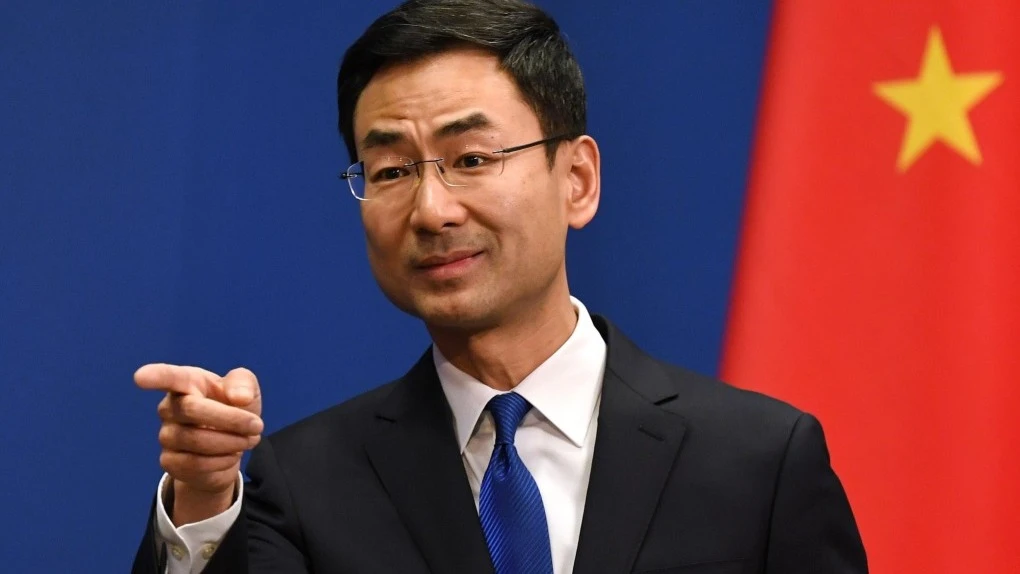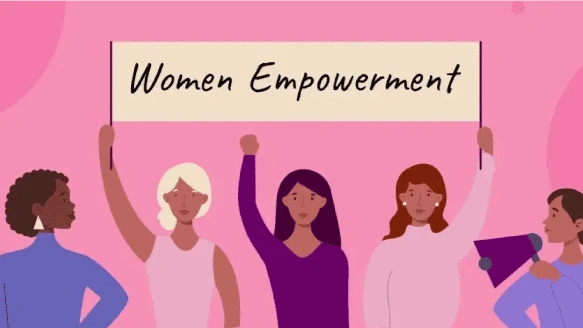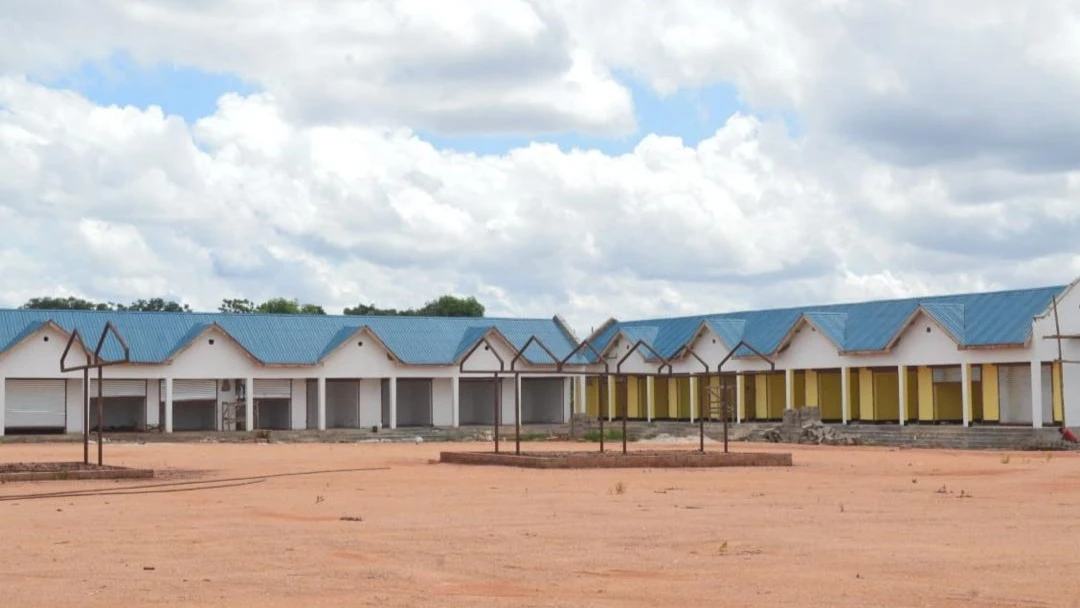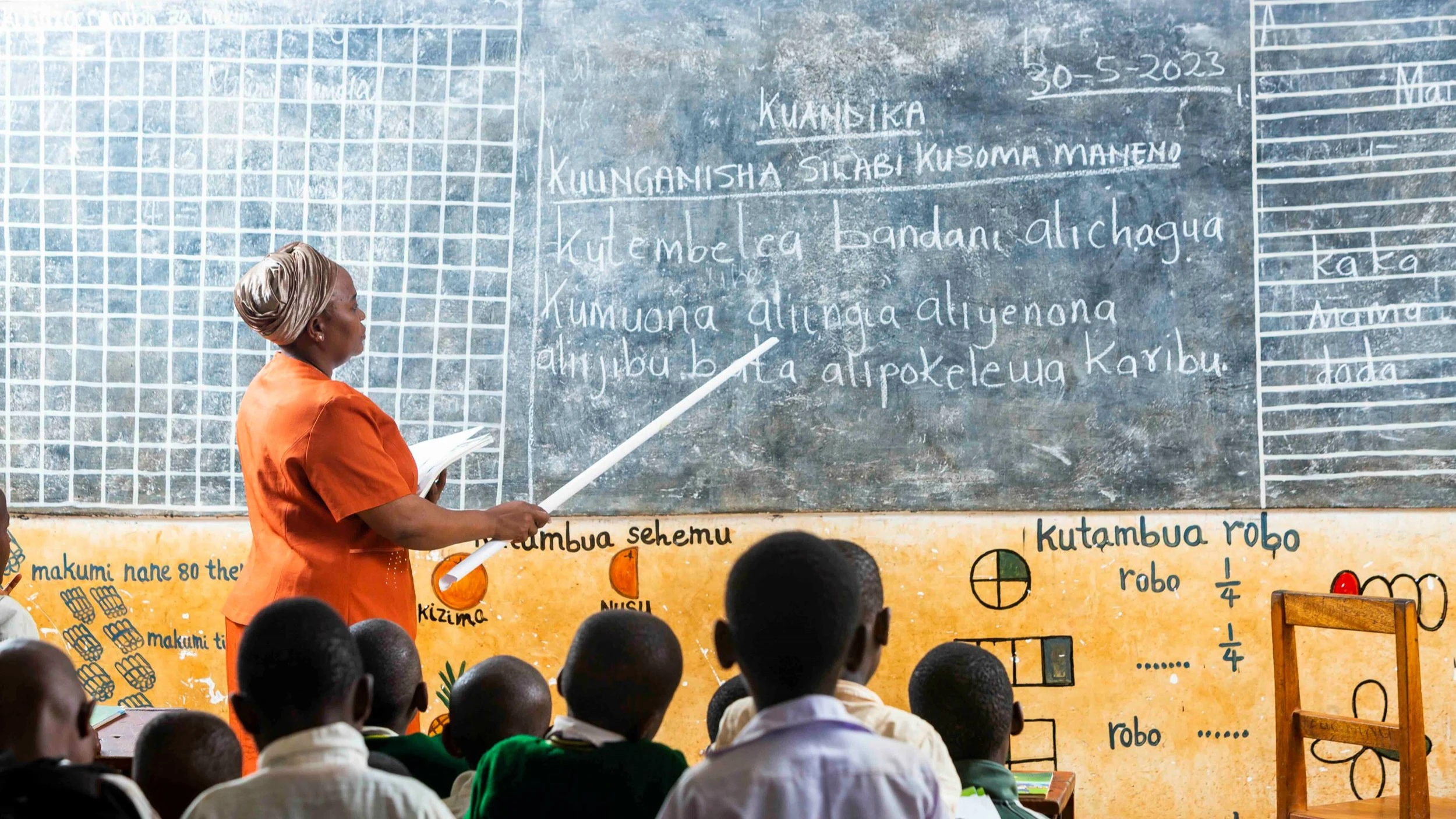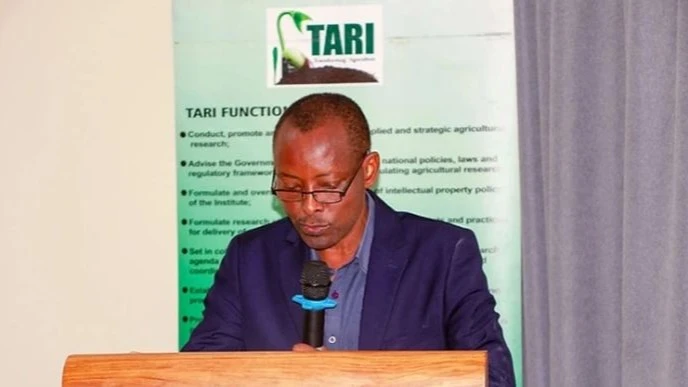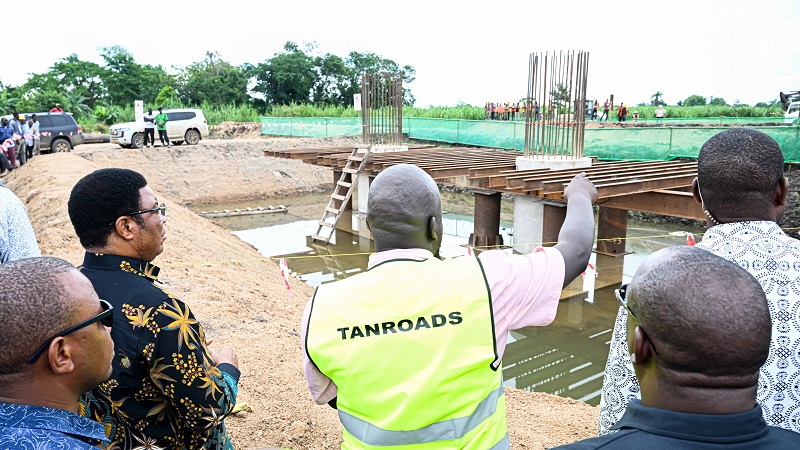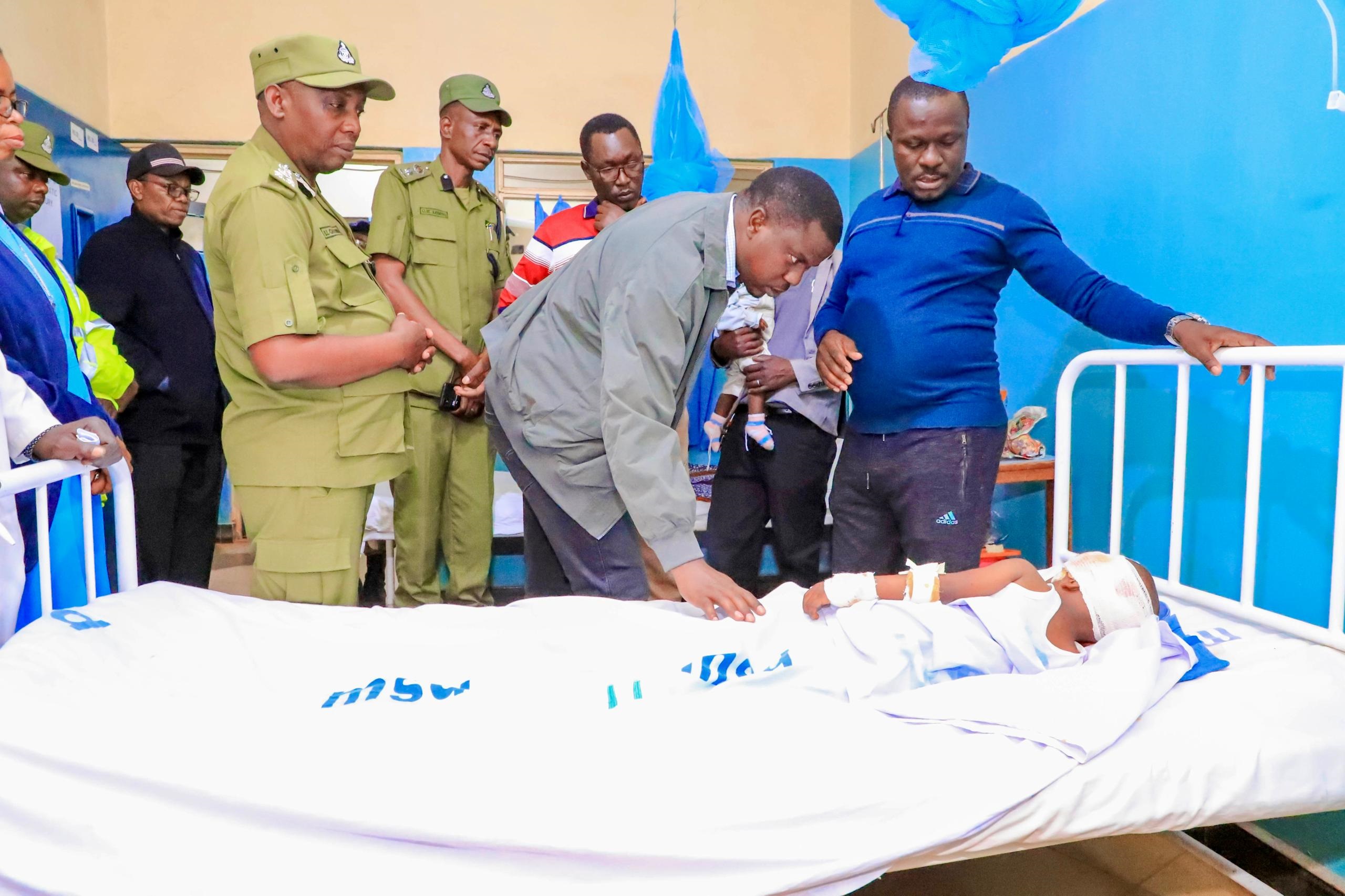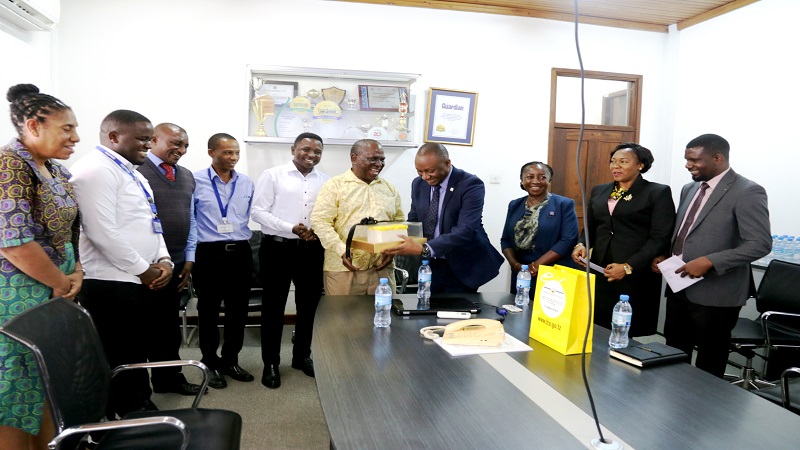Mnenia village: A beacon of hope and endless advancement for women, girls
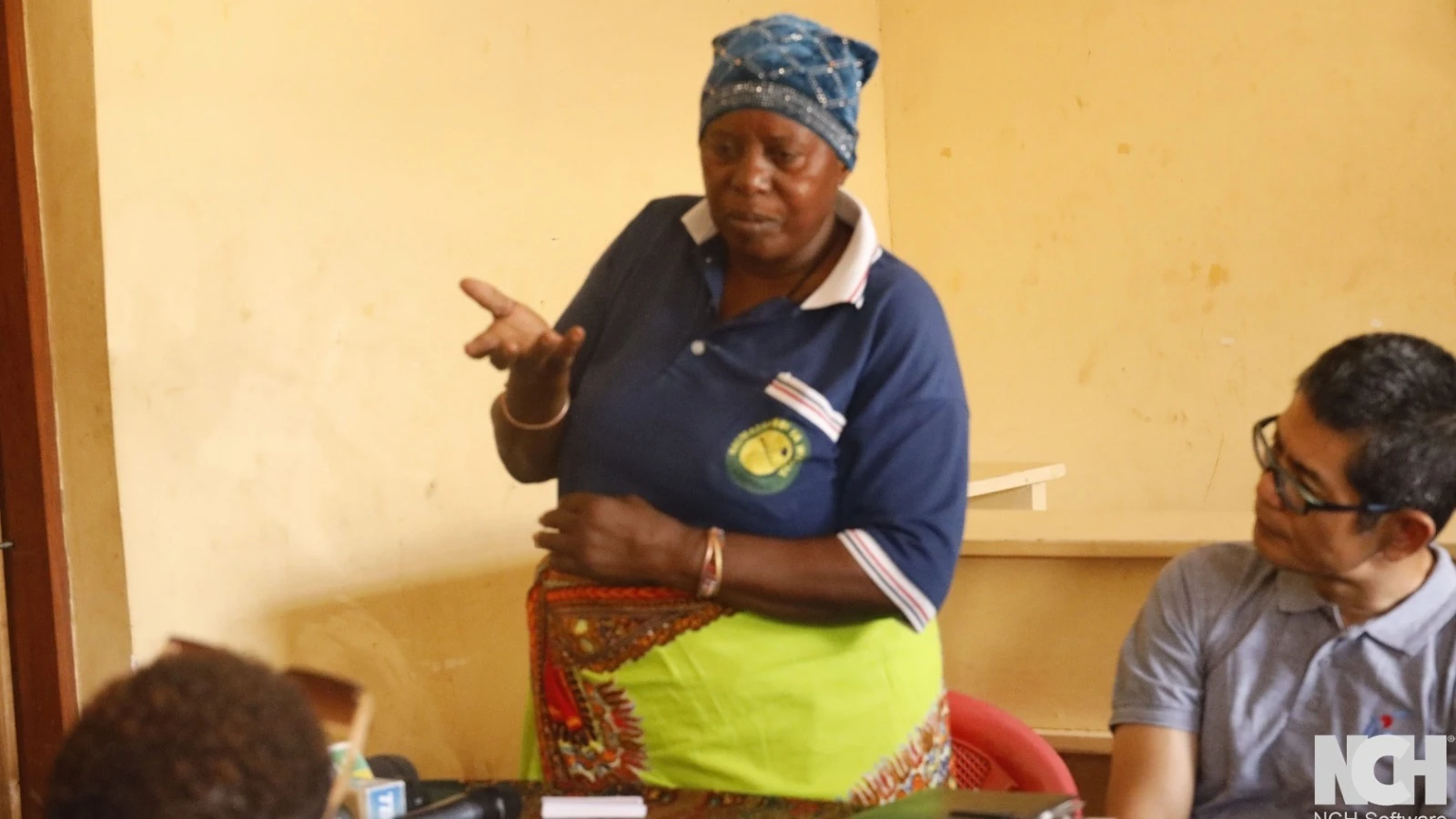
MNENIA village, situated 180 kilometres from Dodoma and 34 kilometres from Kondoa District, has undergone a remarkable transformation, bringing positive change to its residents, especially women and girls.
Once marked by deep-rooted gender bias, where education was considered a privilege for boys and early marriage was the norm for girls, the village is now a beacon of hope and progress.
Khadija Swalehe, a lifelong resident of Mnenia, remembers the restrictive mindset that once dominated residents of the village.
“Back then, men would say girls couldn’t go to school,” Swalehe recalls, adding education was for boys, while girls were expected to become wives and homemakers, their dreams were limited to the confines of their homes.
This belief was rarely questioned and girls were frequently pulled out of school for household responsibilities or early marriage preparations.
Another resident, Iddy Mnyika reflects on how deeply embedded these gender biases were in the village’s culture.
"Girls could be forced to drop out of school at any moment," says Mnyika, pointing out the societal pressures that shaped the lives of young girls.
The turning point for Mnenia came when the Subira Village Group, a local grassroots organization began challenging these traditional norms. Their strategy was creative and culturally sensitive, using traditional dances and cultural events to change community perceptions.
They advocated for education for both boys and girls, emphasizing the importance of keeping girls in school.
These efforts sparked a profound shift, as more families began to understand the value of educating their daughters. What was once unimaginable became reality: girls were given the opportunity to attend school and dream of futures beyond domestic responsibilities.
Economic empowerment
The village’s transformation did not stop with education. Gender roles, particularly regarding household finances, also began to change.
Maua Hassan, a resident, explains how this shift took place.
"Before, a man’s income was considered entirely his own, and discussions about budgeting were often avoided," she says, noting that currently couples plan their budgets together.
This shift toward shared decision-making represents a significant cultural change, as financial matters had previously been seen as the man’s domain.
Economic empowerment has become central to Mnenia’s journey toward gender equality. Supported by the Japan International Cooperation Agency (JICA) through the participatory Opportunities and Obstacles to Development (O&OD) initiative, the Subira Village Group expanded its efforts to include business ventures like beekeeping.
These projects have provided new sources of income, allowing both men and women to contribute to their households and improve their living conditions.
"We used to feel ashamed," one woman says. "But now, everything has changed for the better."
The O&OD initiative has been pivotal in Mnenia’s development. It empowers communities to identify opportunities and challenges on their path to growth and equip villagers with the skills to take charge of their development projects.
Nyerere Moleli, the ward facilitator for O&OD, highlights the initiative’s success in Mnenia. He says: “Now, they have clear procedures for planning, executing and completing their projects. And we are continuing this progress.
Today, Mnenia has established over 17 local groups, each working on various development initiatives. These groups are not only driving economic growth but also fostering a sense of pride and independence within the community.
A vision for the future
Mnenia’s transformation has gained the attention of leaders beyond the village.
Brian Samweli, a senior facilitator for the O&OD initiative at the President’s Office, Regional Administration and Local Government (PO-RALG), envisions a future where this model is adopted across Tanzania.
"We envision that in all 184 councils and 3,000 wards, citizens will be able to take on development activities just like in Mnenia," narrates Samweli, stressing the importance of community-driven decision-making and sustainable growth.
While political challenges remain, the progress in Mnenia is undeniable, with other villages beginning to replicate the O&OD model without waiting for external assistance. This self-sustaining growth highlights the power of community-led development.
Mnenia’s story has even attracted international volunteers like Yu Arakawa, a community development officer from Japan, who is working with the Dodoma city council.
"In Tanzania, women contribute significantly in the workplace but also bear a heavier load at home," Arakawa observes. "They often work twice as hard."
Inspired by the resilience of Tanzanian women, Arakawa hopes to continue promoting gender equality by supporting initiatives that focus on women’s safety, entrepreneurship, and skill development.
A beacon of hope
Today, Mnenia Village stands as a powerful example of how education and economic empowerment can transform a community. By breaking down long-standing cultural barriers and embracing new ideas, the village has created a brighter and more inclusive future for all its residents.
The journey from gender bias to gender equality has not been easy, but Mnenia’s story proves that with determination, collaboration, and the right support, change is possible. As the village continues to grow and thrive, it serves as an inspiration to other communities across Tanzania and beyond, demonstrating that when people come together to empower themselves, the possibilities for progress are limitless.
Top Headlines
© 2024 IPPMEDIA.COM. ALL RIGHTS RESERVED












